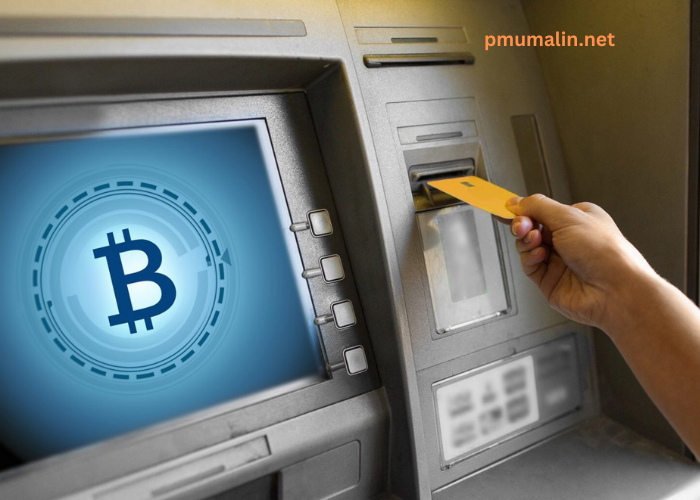The Gig Economy is a term used to describe the current state of the labor market, which is characterized by an increase in short-term contract and freelance work. The Gig Economy is a direct result of the rapid advances in technology that have made it easier for people to search for and obtain freelance and contract work. This increased flexibility has created a unique labor market filled with opportunities for freelancers and contractors to make money and pursue their dreams.
What is the Gig Economy?
The Gig Economy is the name given to the current labor market, which is characterized by an increase in short-term contract and freelance work. Companies are increasingly relying on freelancers and contractors to fill roles that would traditionally be taken up by full-time employees. This is often seen as a cost-saving measure for companies as they no longer have to bear the costs of salaries, benefits, and training associated with full-time employees.
Advantages of Freelancing
Freelancing offers a variety of advantages to those who choose to pursue it. One of the most obvious benefits of freelancing is the ability to set your own hours and work from home. This can be incredibly appealing for those who may have limited time due to family commitments or other obligations. Additionally, freelancers are able to pick and choose the projects they want to take on, allowing them to focus on areas of work that they are passionate about. Finally, freelancers have the potential to earn more money than traditional employees, as they are not subject to the same salary caps as full-time employees.
Disadvantages of Freelancing
While freelancing has many advantages, there are also some drawbacks to consider. One of the most significant drawbacks of freelancing is the lack of job security. Unlike traditional employment, freelancers may have to search for new projects periodically in order to make a consistent income. Additionally, freelancers do not have access to the same benefits as traditional employees, such as health insurance, vacation time, and retirement plans. Finally, freelancers do not have the same level of job protection as traditional employees, which can make it difficult to challenge unfair or illegal working conditions.
How Freelancing Affects Traditional Employment
The increase in freelancing has had a significant impact on traditional employment. As companies have become more reliant on freelancers and contractors, there has been a corresponding decrease in the number of full-time employees. This has created a situation in which full-time employees are competing for fewer jobs, resulting in higher levels of competition and more pressure to perform. Additionally, the shift to freelancing has resulted in lower wages for full-time employees as companies are no longer willing to pay the same salaries as they were prior to the shift.
The Future Impact of Freelancing on Traditional Employment
The future of traditional employment in the face of the Gig Economy is difficult to predict. While some experts believe that freelancing will continue to grow and eventually replace traditional employment, others believe that there will still be a need for full-time employees in certain industries. It is likely that the balance between freelancing and traditional employment will continue to shift as technology advances and the needs of businesses evolve.
Conclusion
The Gig Economy has had a significant impact on the labor market, resulting in an increase in freelancing and a corresponding decrease in traditional employment. While freelancing offers a variety of advantages, including increased flexibility and the ability to set your own hours, it also comes with drawbacks such as lack of job security and benefits. Additionally, the shift to freelancing has had a significant impact on the wages of full-time employees as companies are no longer willing to pay the same salaries as they were in the past. The future of traditional employment in the face of the Gig Economy is uncertain, but it is likely that the balance between freelancing and traditional employment will continue to shift as technology advances and the needs of businesses evolve.







